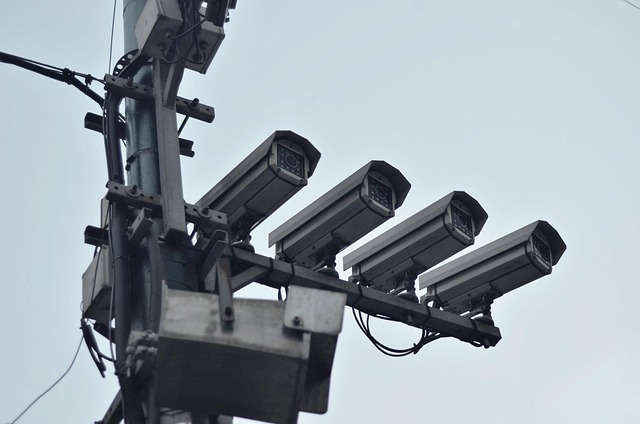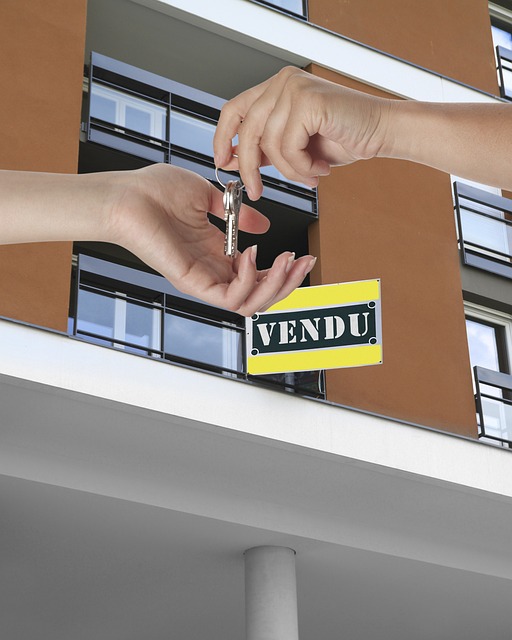Landlords are legally and ethically bound to uphold gas safety standards through regular inspections by qualified professionals. Key focus areas include gas appliances, detectors, and secure supply lines. Maintaining detailed records, scheduling routine maintenance, and educating tenants on safety measures ensure compliance and tenant well-being. Regular landlord gas safety checks prevent accidents, foster responsibility, and maintain safe rental properties.
In today’s digital era, ensuring comprehensive landlord gas safety is non-negotiable. Gas leaks and malfunctions pose significant risks, necessitating a thorough understanding of responsibilities and meticulous checks. This guide explores essential aspects of landlord gas safety, including regular inspections, appliance maintenance, and tenant education. By mastering these key areas, you’ll not only comply with regulations but also foster a safe and healthy living environment for your tenants through diligent landlord gas safety checks.
- Understanding Gas Safety Responsibilities for Landlords
- Regular Checks: What to Inspect and When
- Gas Appliance Maintenance and Repairs
- Ensuring Tenant Safety and Awareness
Understanding Gas Safety Responsibilities for Landlords

As a landlord, ensuring gas safety within your rental properties is not just a legal requirement but also a moral responsibility. Gas safety checks are a crucial aspect of maintaining a secure living environment for tenants. Regular landlord gas safety checks involve thorough inspections of gas appliances, pipes, and fixtures to identify any potential risks or hazards. It’s important to understand that these checks should be carried out by qualified professionals who can accurately assess the condition of the property’s gas systems.
In addition to routine checks, landlords must stay vigilant for signs of dangerous gas leaks in rentals. Common symptoms include unusual smells, hissing noises, and a decrease in heating or hot water pressure. If any such issues are observed, immediate action is necessary. Contacting a reputable plumber Bromsgrove can help address the problem swiftly, ensuring the safety of all occupants and preventing potential disasters. Moreover, landlords should be cautious against how to spot fake gas safety certificates, verifying their validity to maintain compliance with regulations.
Regular Checks: What to Inspect and When

Regular checks are an integral part of any landlord’s responsibilities when it comes to maintaining a safe living environment for their tenants. A thorough gas safety check should be conducted at least annually, or more frequently if the property is older or has undergone significant renovations. During these inspections, landlords must pay close attention to several critical areas. This includes examining all gas appliances such as stoves, boilers, and heaters for any signs of damage, corrosion, or leaks.
Additionally, checking the functionality of safety devices like carbon monoxide detectors and smoke alarms is essential. Property managers should also inspect the gas supply lines, ensuring they are secure and free from damage. Gas safety tips for property managers often emphasize the importance of keeping detailed records of all maintenance and inspection activities. How to prepare for a gas safety inspection involves being proactive in these checks and having a clear logbook ready to demonstrate compliance with rental gas safety guidelines.
Gas Appliance Maintenance and Repairs

Regular maintenance and timely repairs are vital components of a comprehensive landlord gas safety check. As a landlord, it’s crucial to ensure that all gas appliances in your rental properties are well-maintained and safe. This includes regular checks by qualified engineers to identify any potential issues or leaks. Implement a schedule for routine inspections, which can be an effective way to prepare your property for gas inspectors.
When it comes to repairs, act promptly on any detected problems. Addressing issues early can prevent accidents and ensure the safety of your tenants. Consider providing your tenants with information on how and when to report any unusual smells or sounds related to gas appliances, as these could be indicators of a broader problem. Moreover, investing in gas safety training for landlords is a proactive step that enables you to stay informed about best practices for maintaining gas systems, ultimately enhancing the overall landlord gas safety check process.
Ensuring Tenant Safety and Awareness

Ensuring tenant safety and awareness is a paramount concern for landlords when it comes to gas safety checks. It’s not just about meeting legal obligations; it’s about prioritizing the well-being of those who call their rental homes your own. As a landlord, you have a duty of care to maintain safe gas usage in all rental properties. This involves regular landlord gas safety checks to identify and rectify any potential hazards.
Educating tenants on simple gas safety measures can go a long way. Teach them how to recognize the smell of gas, what to do in case of a leak, and where to locate and use safety equipment like gas masks or ventilation systems. Regular communication about landlord legal obligations regarding gas safety ensures everyone is on the same page. This proactive approach fosters a culture of safety and responsibility, making your rental properties not just comfortable but also secure living spaces.
A comprehensive landlord gas safety guide is an essential tool for ensuring the well-being of tenants and adhering to legal obligations. By implementing regular checks, maintaining appliances, and fostering tenant awareness, landlords can create a safe living environment. Remember, a proactive approach to gas safety is crucial, as it not only protects residents but also mitigates potential risks and legal liabilities. Stay informed, stay vigilant, and prioritize the safety of your tenants through consistent landlord gas safety checks.
